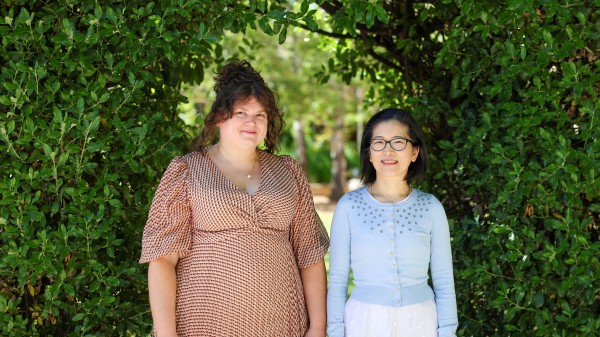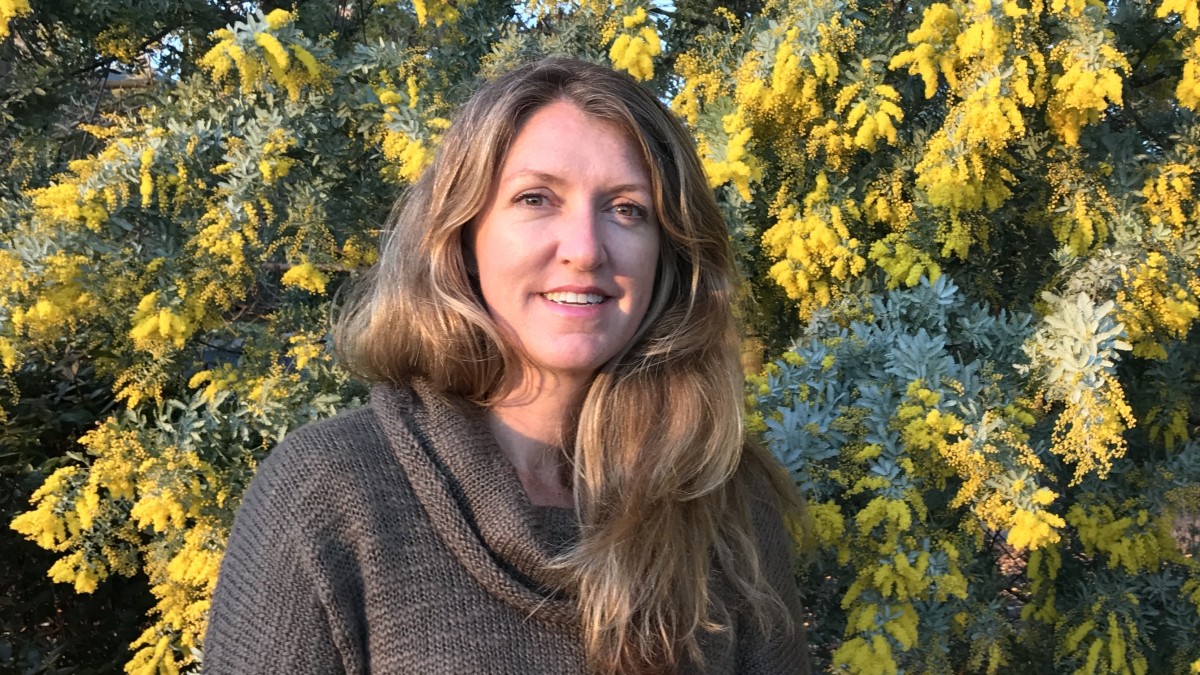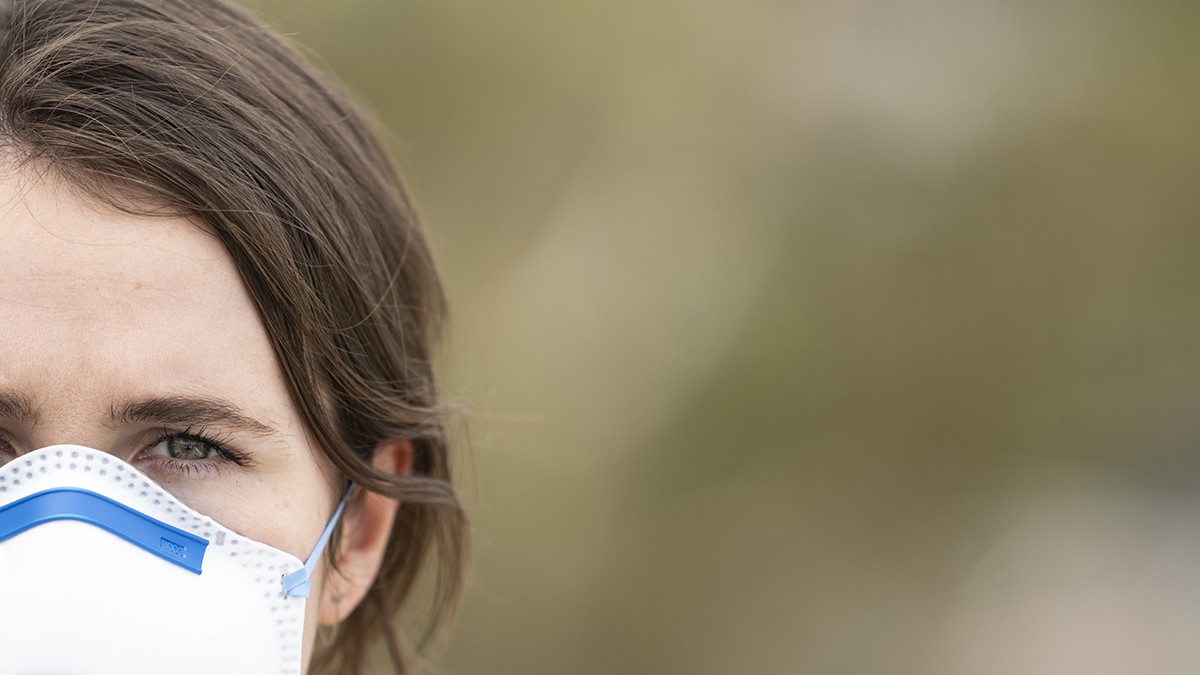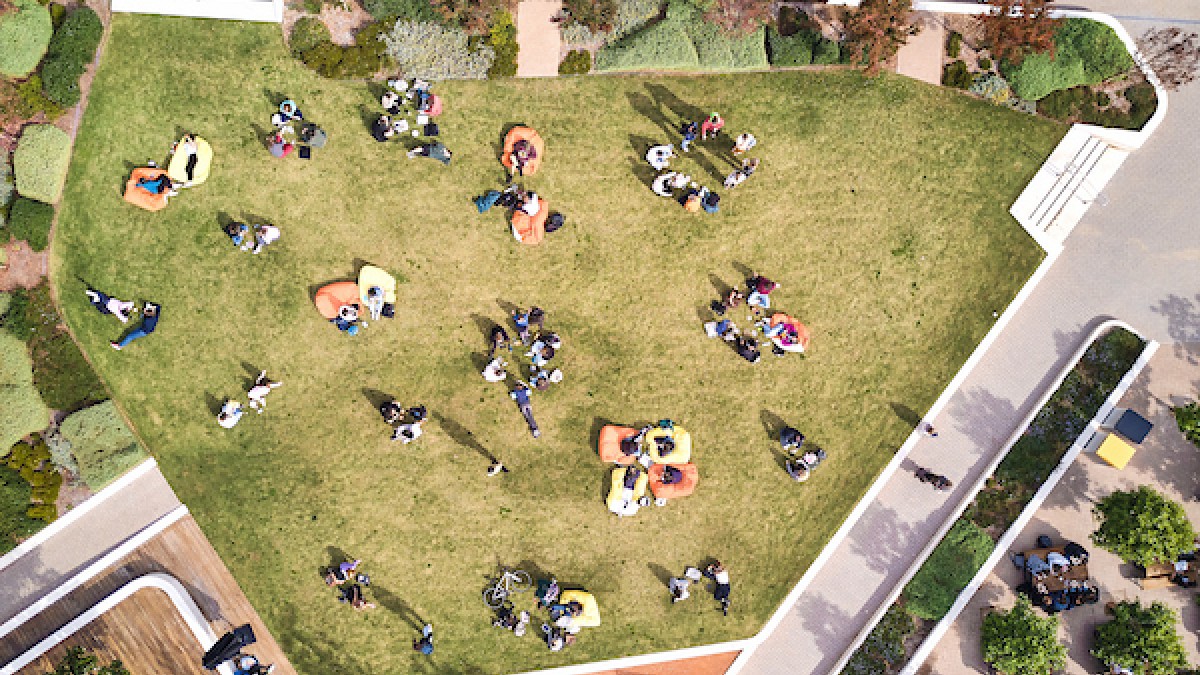'Disease detectives' is how COVID-19 contact tracers are usually described in the headlines. Everyone loves the image of a whiteboard with arrows pointing all over, and the idea of solving a whodunnit.
But as with everything in this most "boring apocalypse you could imagine", the full story is more mundane than the headlines make out.
"There is detective work involved," says Dr Tambri Housen from the ANU Research School of Population Health, "but ultimately, success in contact tracing comes down to people doing the right thing: quarantining and getting tested.
"The only way you can get that to happen is through the human side of it, through a person on the phone saying, 'You need to stay home'. And people will only do that—stay home—if they trust the person on the phone will give them the support they need."
This is the part of contact tracing which doesn't make the headlines: the good chat on the phone. Sometimes something can be both mundane, and very important.
Medicine student Stephanie Bazley has been chatting on the phone since the start of the pandemic. When ACT Health announced they were looking to recruit contact tracers from the Doctor of Medicine and Surgery and Master of Public Health cohorts at ANU, she was immediately interested.
During her shifts, Stephanie calls ACT residents who have been told to isolate at home because they've returned from travel or have visited an exposure site. These calls can last five minutes but often they last 45 minutes; sometimes 90 minutes.
"One of the most surprising things about this job is we're not actually talking about coronavirus a lot of the time," she says. "It's just, 'How are you? Are you okay? What can I do to help?' And through that call, I can translate their needs into referrals and then I can say, 'Don't worry, we've got you'.
"By asking them to quarantine, we are disrupting their life and whatever their equilibrium is, so we're just trying to catch the big things that might fall out from that."
Stephanie describes the resulting conversations as both "totally routine, and very personal":
"It's not a natural thing to be speaking to a complete stranger and asking them about all of these sensitive things like risk of suicide and domestic violence and health conditions, and then saying you're going to have to be locked up in your house for two weeks. People react very strongly to that sometimes.
"You might be the only person they talk to in the next two weeks, so no matter who you're talking to on the call, no matter how angry, or bored, or disinterested that they are, I have this sense of responsibility to do right by them. But most people are just very lovely, very cooperative, and happy to go into quarantine and do their bit."
Dr Housen, who developed a contact tracing training module now being used by the WHO, says people like Stephanie are essential to managing infectious disease outbreaks.
“A simple request to quarantine is not so simple for many. Contact tracing is about engaging with people, communicating risk and strategies for keeping themselves and their loved ones safe.
"It’s important that a contact tracer doesn’t become a robot; that they are actively listening and supporting."
To do this, Stephanie says she tries to find "one level of connection" with the people she is speaking to:
"I might ask them about their pets, which softens people, or what activity they could do which makes them feel happy. Then I might say, 'That's amazing, that makes me happy too!' With that little humanist touch, you become a person to them more, instead of just someone with a questionnaire.
"I have some great conversations. If I can turn around a call which started with them yelling at me, and then they end up saying thank you, that is very rewarding."
"It can cause vicarious stress for the contact tracers," Dr Housen adds. "You’re hearing people’s stories and some people have really difficult lives, and you can’t always fix that for them. We teach the contact tracers coping strategies, and we have a mental health and wellbeing team to provide support as needed. Their wellbeing is very important."
Stephanie agrees that some days are exhausting but adds that she's "never worked anywhere more supportive". When she leaves work at the end of the day, her overwhelming feeling, she says, is gratitude.
"Just within that two weeks of quarantine, you can see the complete range of human issues and struggles laid bare. I'm grateful and humbled to be able to have these conversations with people of completely different circumstances to myself, and for them to talk to me, a stranger, in this way.
"I get to put myself in their shoes for a second, to relate and try to help out."
Researchers and students from the ANU College of Health are working together on the frontlines of the COVID-19 pandemic - locally, nationally, and globally. Find out how a master's degree in health and medicine can help you make a difference too.











